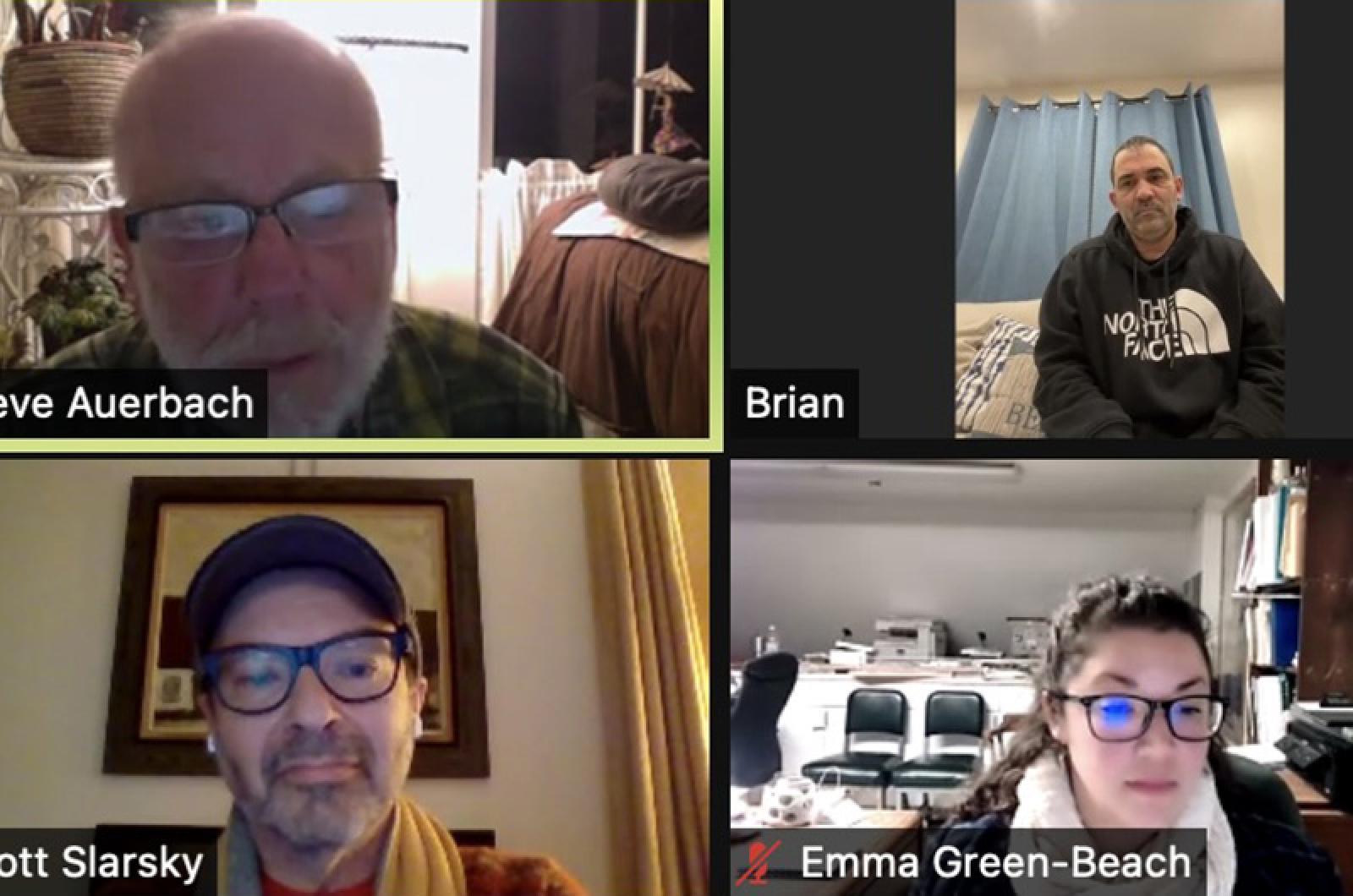The much-debated article to create a Martha’s Vineyard Housing Bank will go on the annual town meeting warrant Oak Bluffs, after a unanimous vote by the select board Tuesday night.
Oak Bluffs is the last town to vote on the draft article.
“There you go,” selectman Brian Packish told members of the housing bank coalition Tuesday. “You’ve got the sixth one.”
The article is still pending legal clarifications over whether a ballot vote following town meeting would need a two-thirds majority because the housing bank has tax implications.
The draft article has seen weeks of debate in three Island towns over the details, led by Edgartown, which would generate the lion’s share of the proposed two per cent real estate transfer fee to fund an affordable housing bank. Edgartown voted 2-1 to place the article on the town meeting warrant two weeks ago. Select board member Margaret Serpa dissented, still dissatisfied with many of the details in the proposal, including the disproportionate burdens it would place on her town.
Language in the article has been changed along the way to clarify a number of issues, including stipends for elected commissioners (now capped at $2,000) and whether the article on the town meeting floor should also hinge on approval in the ballot box at the annual town elections. That question will be decided on an individual town basis.
The draft article aims to give a green light to a home rule petition to send to the state legislature that would allow the transfer fee on real estate transactions over $1 million. The funds would be controlled by an elected housing bank, similar to the Martha’s Vineyard Land Bank.
The actual draft legislation referenced in the article has not been made public yet; housing bank coalition members have said they plan to have it ready by February.
On Tuesday night Oak Bluffs select board members added their own questions about the proposal, focusing on unintended consequences.
Board members Brian Packish and Gail Barmakian said they worried about over-development, especially in the down-Island towns.
“We have to pay attention to the collateral gains and collateral damage,” Mr. Packish said. “This is one that’s looming.”
But coalition member John Abrams said the town advisory board to the housing bank would have the ability to tap the brakes if it feels Oak Bluffs is being overdeveloped.
And Laura Silber, the paid coordinator for the coalition, said there will be competition for the funds.
“We think the up-Island towns are going to want some of this money,” she said.
Also at the meeting, MacGregor Anderson, the principal assessor for Oak Bluffs, gave a presentation on the potential effect on property taxes from deed-restricted properties controlled by a future housing bank, if it is adopted.
Using a model he said was over-simplified, Mr. Anderson determined that deed restrictions would lower the assessments on affected properties, causing a reduction in the tax base. A lower tax base would lead to an increase in the tax rate, he said. And a tax rate increase would accumulate over time.
“This is really to give people a total maximum potential,” Mr. Anderson said, describing the impact a housing bank could pose to taxpayers.







Comments (5)
Comments
Comment policy »